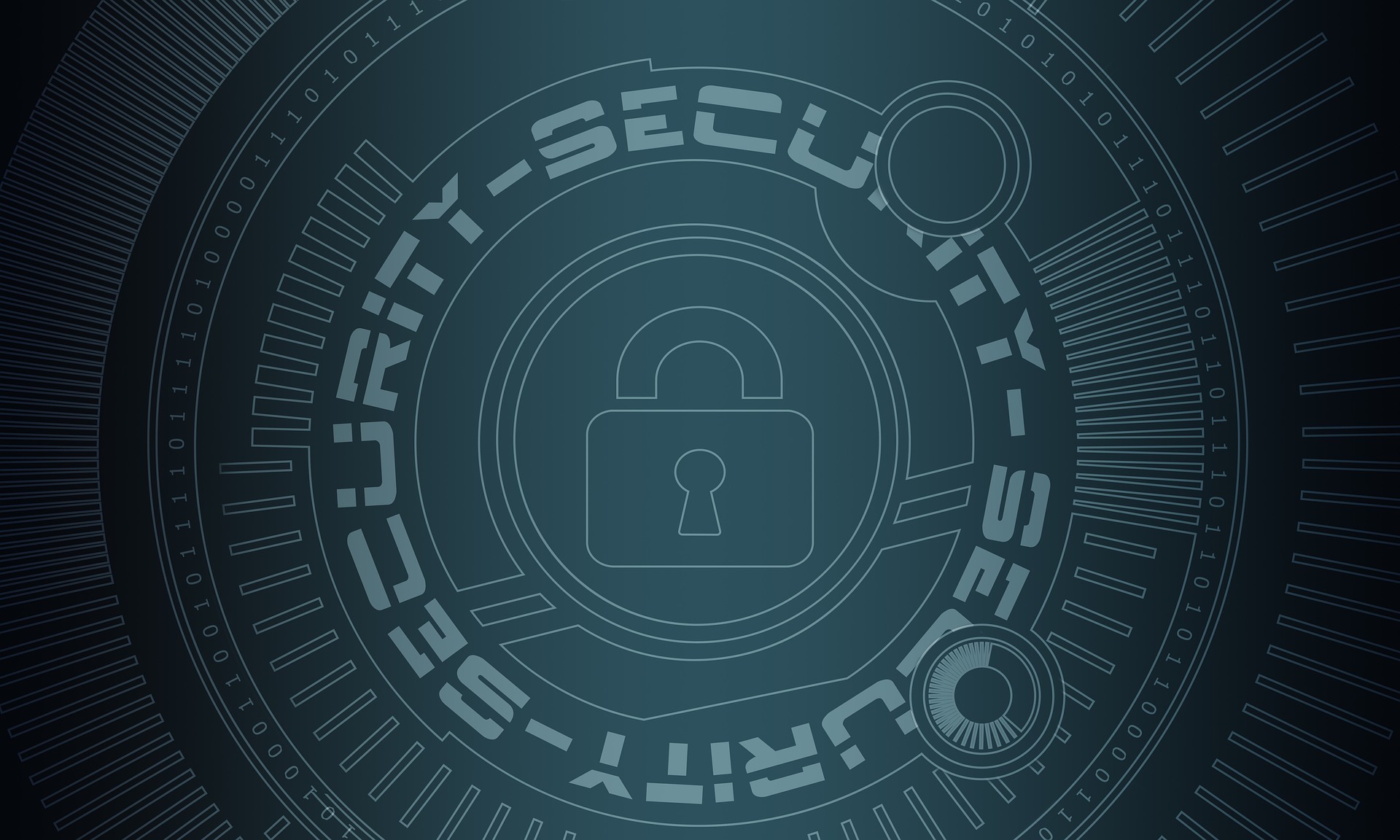How Does Cyber Insurance Work?
With the growing threats of data breaches, ransomware attacks, and other cybersecurity risks, businesses and organizations have to evaluate how best to combat these threats.
Hacking is an ever-evolving crime, meaning that the tools of the trade are constantly evolving, from different programs to viruses, malware, to phishing tactics.
For businesses, this means that owners should be proactive in addressing the reality of cyber threats. But for the business owner, the first questions that come to mind are how does cyber liability work, and how much does cyber insurance cost?
Cyber Insurance Cost
For an additional $100 - 200 per year, you can add a low limit of cyber insurance to a general liability insurance plan. This can be a good option if you are a small business that relies on IT to some degree, like most do.
If you are a business that is deeply tied to your IT systems, rely heavily on them, and store a lot of sensitive data and information, a standalone policy may be the best option for you which can cost you around 1K per year.
How Cyber Insurance Works
Cyber Insurance typically covers data breaches that may include account and credit card numbers, customer information, health records, and helps with the fees associated with notifying customers about data breaches, repairing computer and technical equipment, and recovering data.
With many small businesses experiencing a breach or multiple breaches, and with the increased threat that this will continue to be a trend, cyber insurance can help mitigate the large costs associated with attacks.
Types Of Cyber Insurance
Because general liability policies exclude cyber risks from their terms, cyber insurance is an additional form of insurance that a business owner can purchase. A cyber insurance policy is rarely a one-size-fits-all plan, and so it’s important to know what types might be relevant to your business.
Cyber insurance can be split into cyber liability insurance, and data breach coverage. With the more comprehensive cyber liability insurance, you are covered from first-party and third-party costs, whereas data breach insurance only offers first-party coverage.
When it comes to cyber liability insurance, here are some of the benefits:
- Business interruption loss reimbursement
- Forensic support
- Cyber extortion defense
- Legal defense
Data breach insurance has benefits of its own as well including:
- Fraud alert
- Helpline and identity restoration
- Legal Expenses
- Protects your business in the event data is stolen
There is some overlap between each type of insurance, but each of these options can help your business get back onto its feet fast after a cyber attack, with minimal financial setback.
Cyber Insurance For Your Business
Cyber insurance is a valuable investment for businesses of all sizes. It can help protect your business from the ever-growing threat of cyberattacks and data breaches, as well as cover any legal expenses that may arise.
Cyber liability and data breach insurance may be a good option to have in your business’s corner should any threat become a reality, and can save you the headache and pain that comes along with it.
